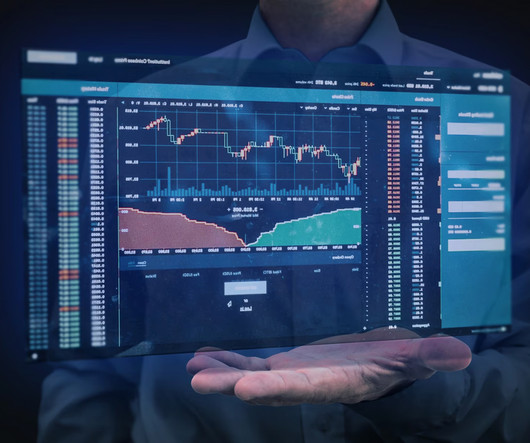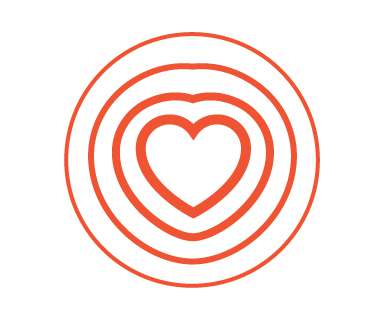The Digital Health Consumer According to Rock Health
Health Populi
AUGUST 27, 2018
Looking for health information online is just part of being a normal, mainstream health consumer, according to the third Rock Health Digital Health Consumer Adoption Survey published this week. adults were online health information hunters. By 2017, 8 in 10 U.S. adults; the poll was fielded in 2017.














Let's personalize your content